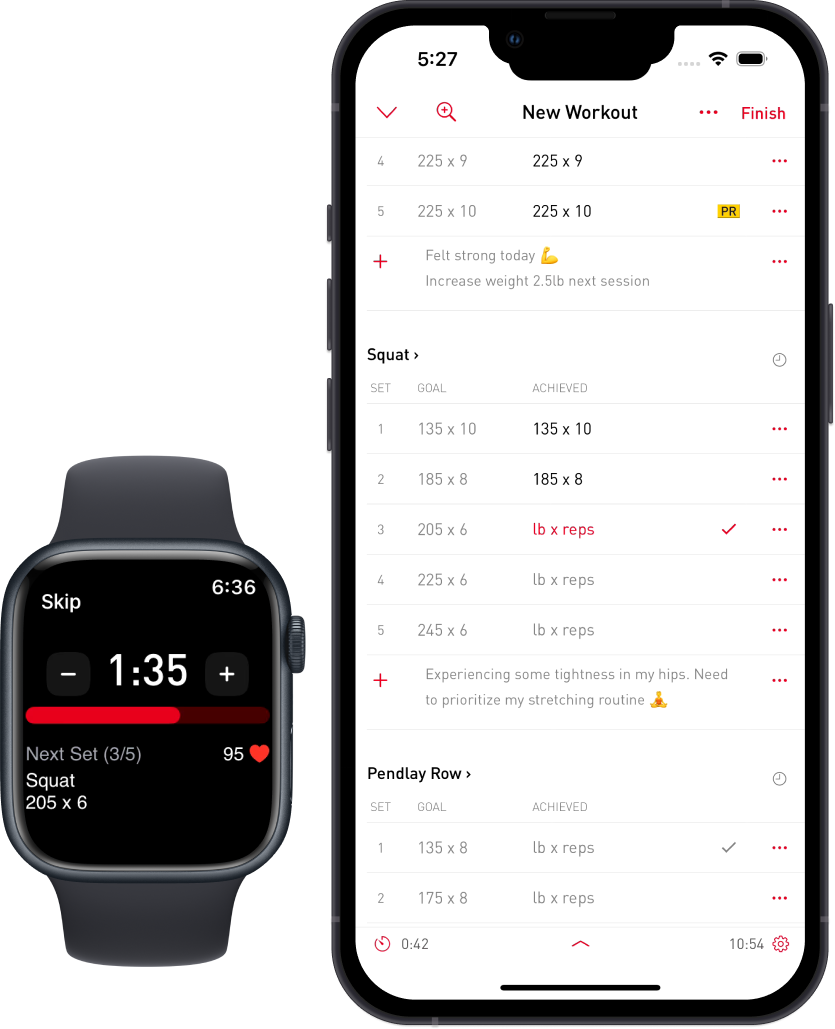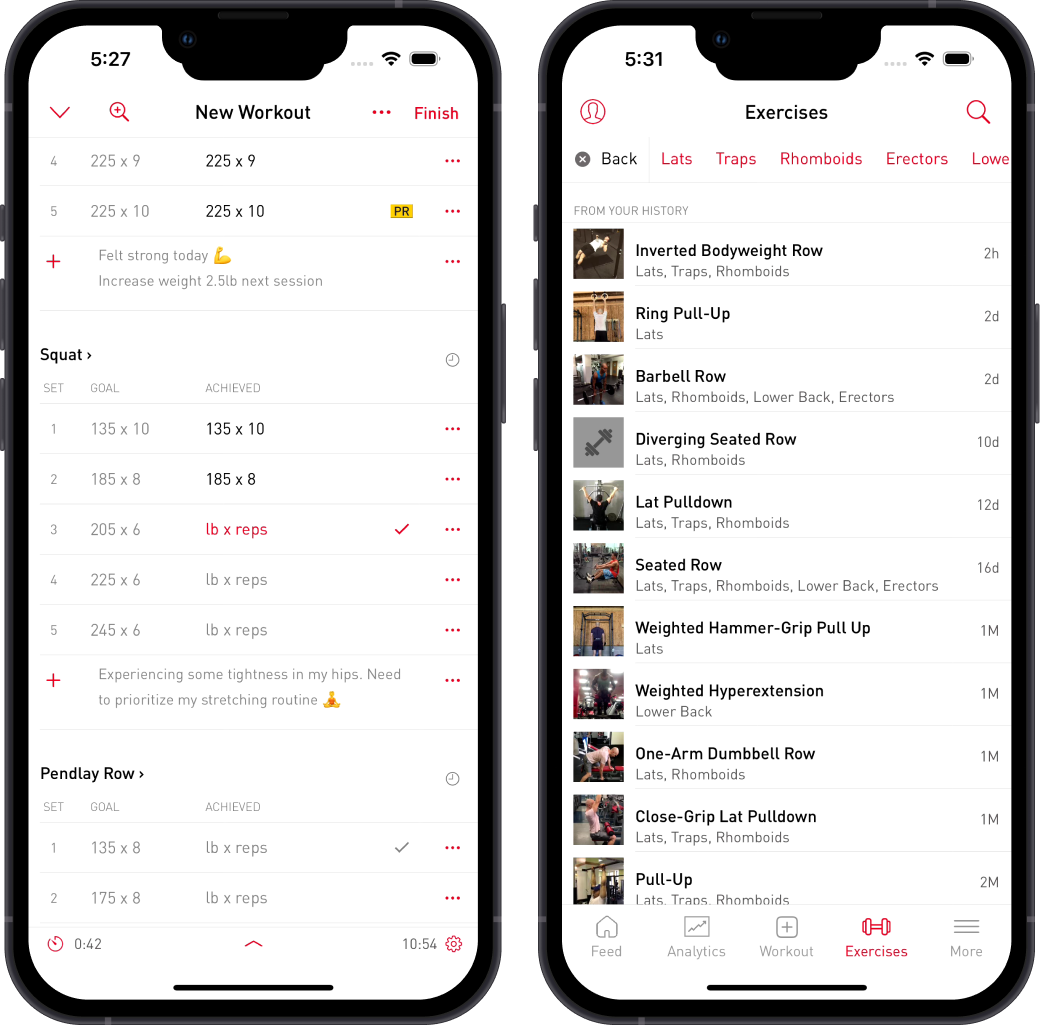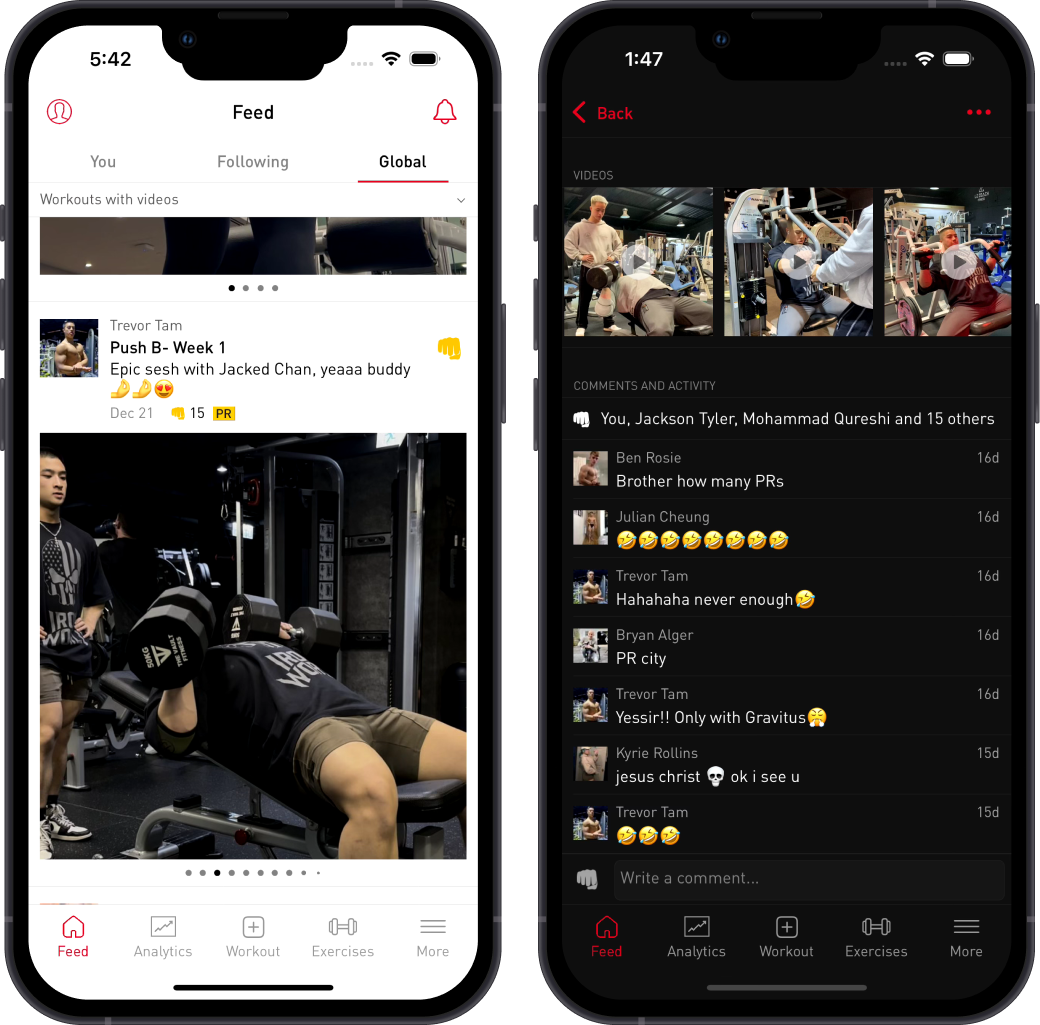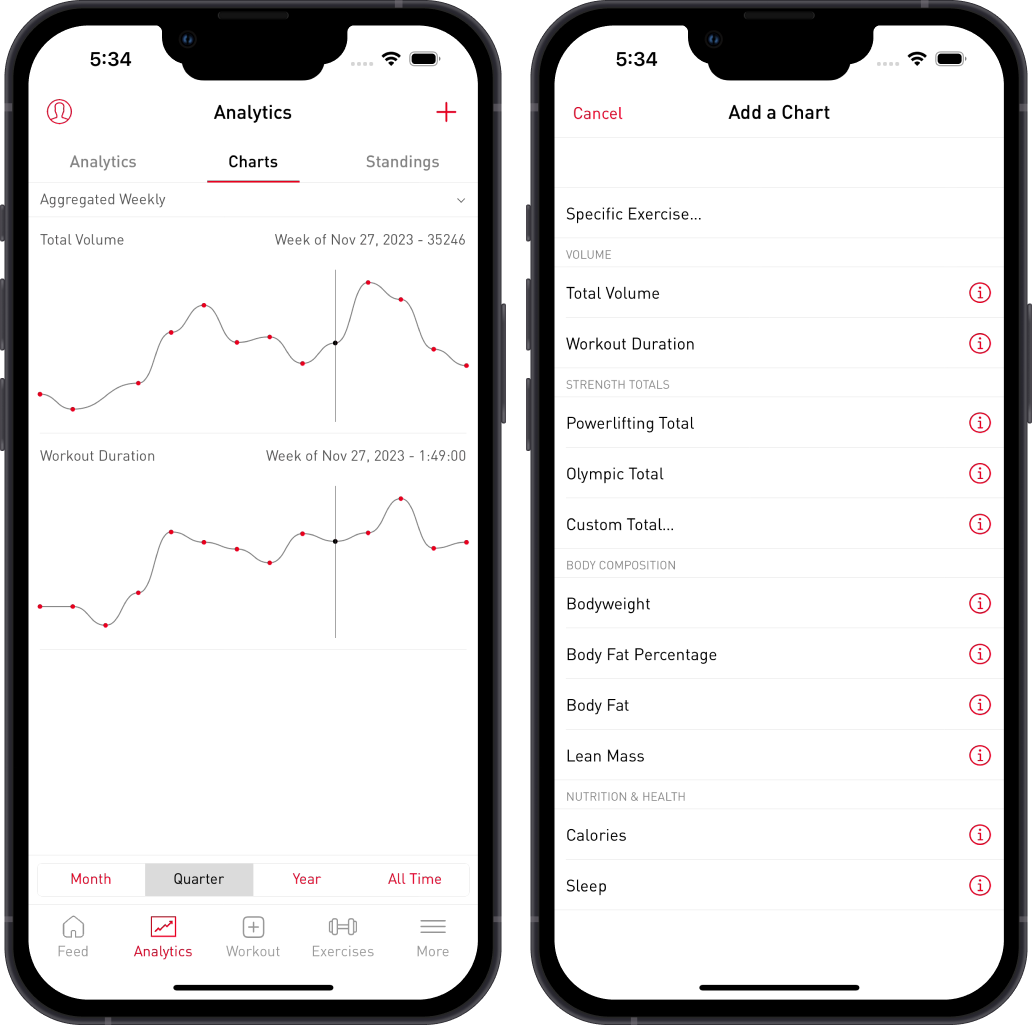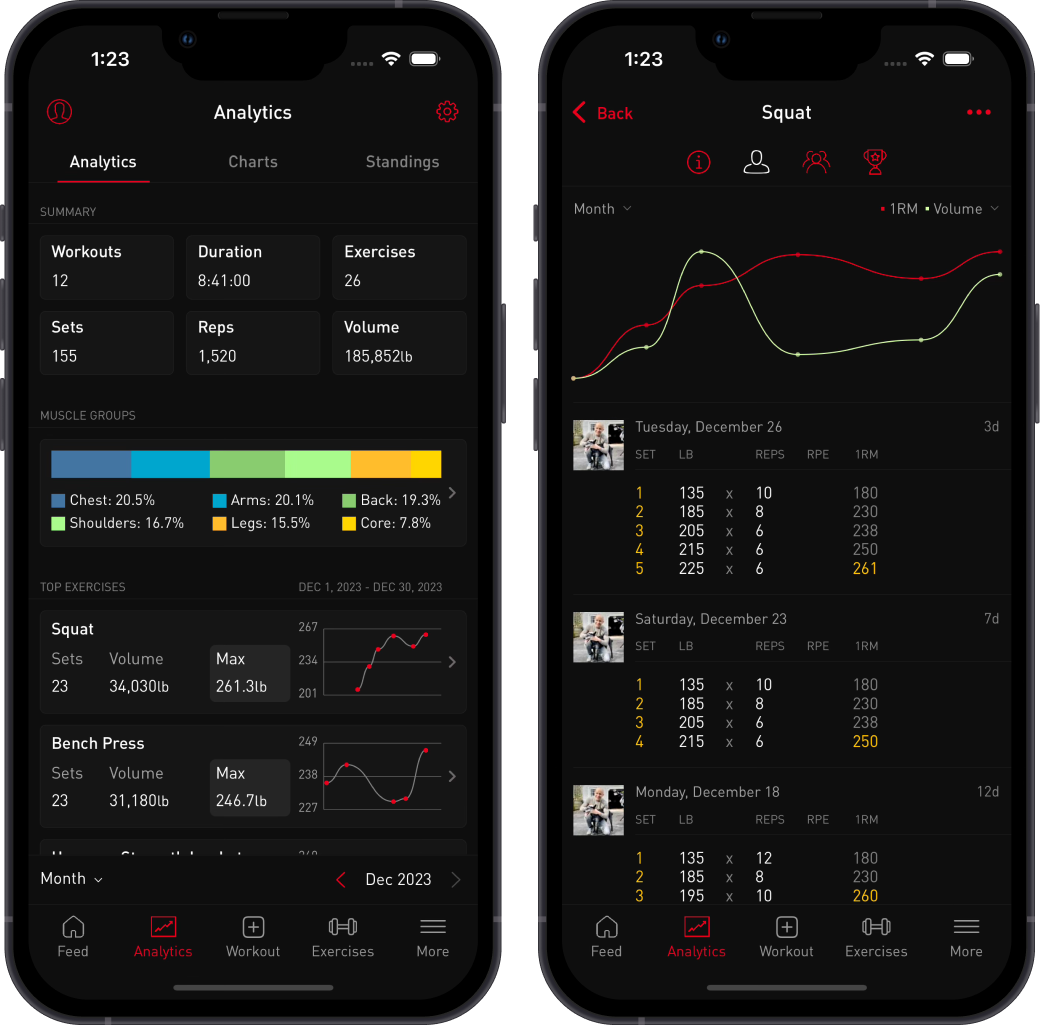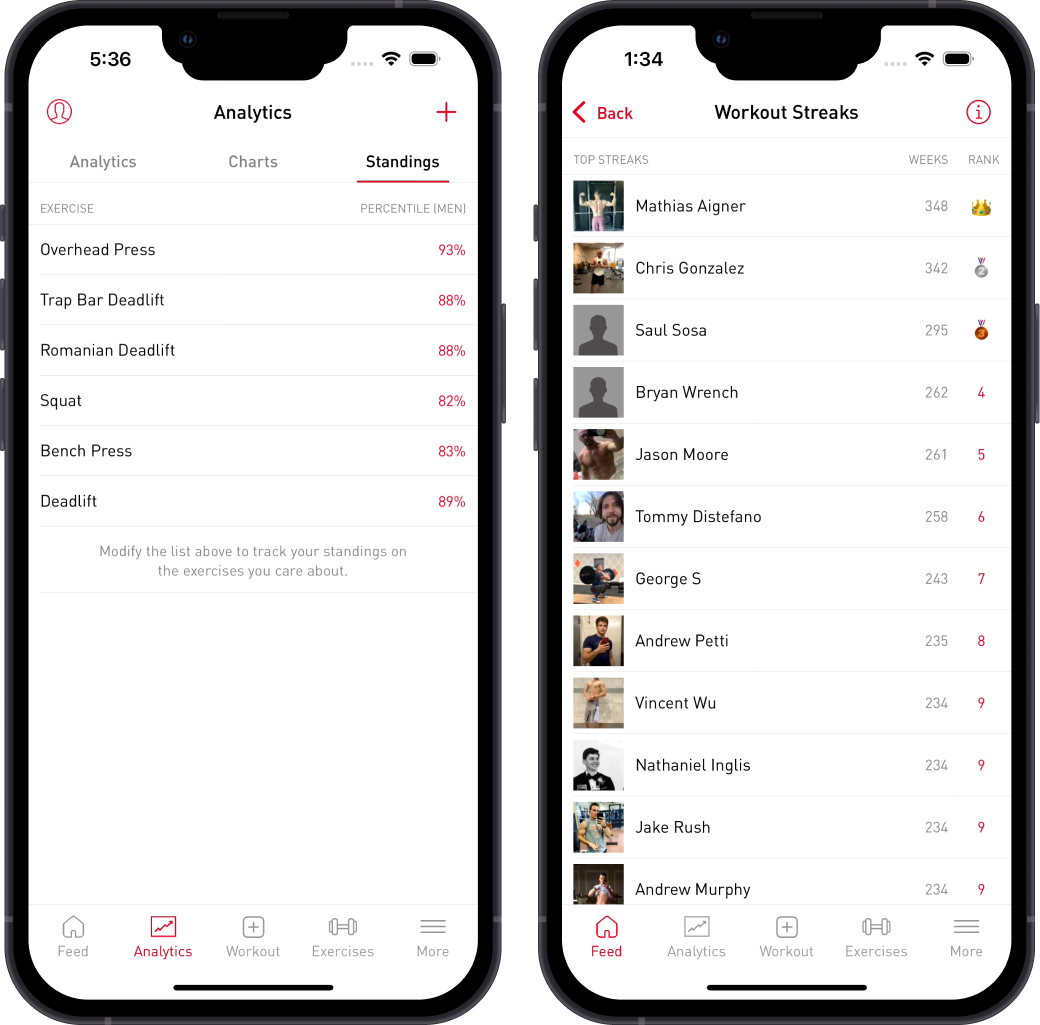No, I’m not talking about the YouTube channel, which I love for trolling the bro info filling up the web. I’m talking about the “always eat breakfast,” “don’t eat eggs,” and “detox to give your digestive system a break” crews. Just stop. Intermittent fasting is not going to completely wreck your gains, eggs aren’t super evil, and our digestive system doesn’t need a break.
Building on that last point, consider using that same logic with our skeleton. When astronauts go into space, they lose bone mass. Why? The almost complete lack of gravity provides no resistance. The stress needed to stimulate bone remodeling takes a nosedive in space, leading to bone loss. Just like our bones, peristalsis action in our gut doesn’t need a break. It doesn’t have a psyche that needs to heal and it doesn’t need to detox. Both are controlled in extremely intricate ways through hormones, our autonomic nervous system, and external triggers, and simply watering them down to “Well, I think they need a break since they’re always doing stuff!” is nonsensical. Just because something logically plays through in your mind, doesn’t make it true.
It Sounds Too Good to Be True
The next miracle cure for belly fat is cycling through daytime tv. It will probably catch on really fast if a celebrity backs it. While riding the wave of popularity, there will probably be an Instagram hashtag campaign that pops up to rally around this new trend. Just keep your head on straight, and read up on the topic as much as you can before blindly believing what you hear.

But I Saw A Study Supporting This!
Guess what? The status quo and boring results won’t make the front page of Nature. Scientist know this. Also, spending grant money to replicate old studies isn’t popular, unless it’s a super hot topic. It’s not exactly a fast track to tenure to piggy back on someone else’s work. This means that many published findings that have potentially made it into mainstream media could be wrong, or true, but under only very specific circumstances we haven’t discovered yet. Main stream media doesn’t help this either. Click bait study review stories bring in more eyes than something that we’ve seen before.
Instead of looking for just one study, look at the general trend of publications. If there are 30 published studies showing a link, and one showing no statistical significance, you’re pretty safe to assume that there is a link. Of course, know that there is quite a bit of scientific literature that’s never been published for various reasons.
Does This Mean Science Is Flawed?
Nothing is perfect! Remember the NASA math fumble? Things happen. As a middle schooler, I had a very nice chemistry teacher teach me that there was quite a bit more gravity on the moon than there actually is. She was probably tired, or stressed, or both that day. Who knows. I also had a science professor in college teach me that creatine was definitely, and without a doubt, bad for the kidneys. Is it, though? According to a huge body of published scientific literature, it’s fine. It’s even been shown to be fine in diabetics. When my professor studied creatine a few decades ago, the body of evidence showing it to be safe might not have been as overwhelmingly swayed in its favor.
So what does this mean? It means science pushes open new doors to what we do and don’t know every day. It means that studies need to be replicated, and negative findings needs to be published more frequently. It means we need to use our critical thinking skills and understand that it is up to us as consumers of information to decide whether we’ll get behind a new trend.
Ready to Elevate Your Workouts?
Gravitus is the ultimate tool for lifters.Download Gravitus and connect with fitness enthusiasts worldwide.
Sarah handles all things marketing for Gravitus. An avid baker, she enjoys developing macro friendly recipes. She's been lifting heavy since 2013, and loves the barbell like she loves cute puppies.
